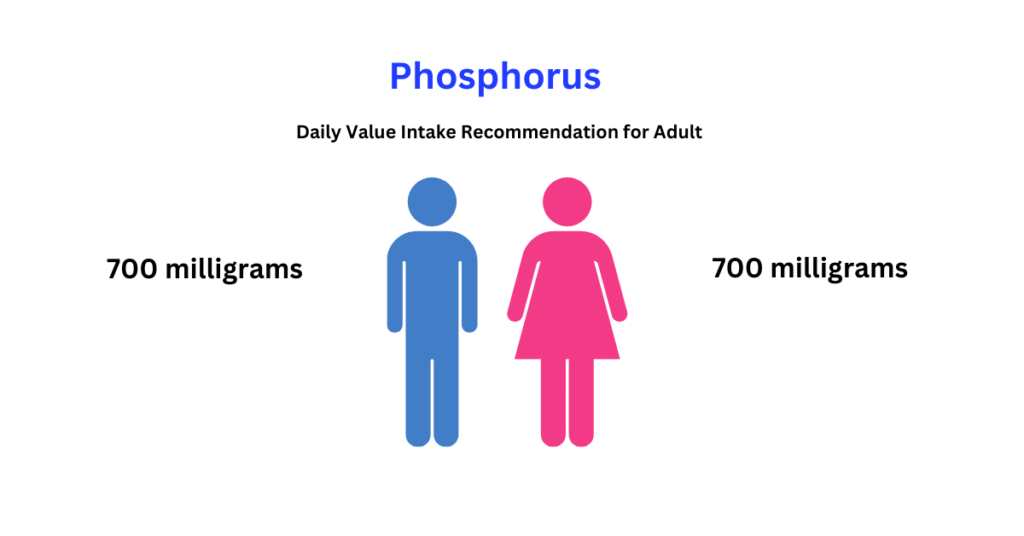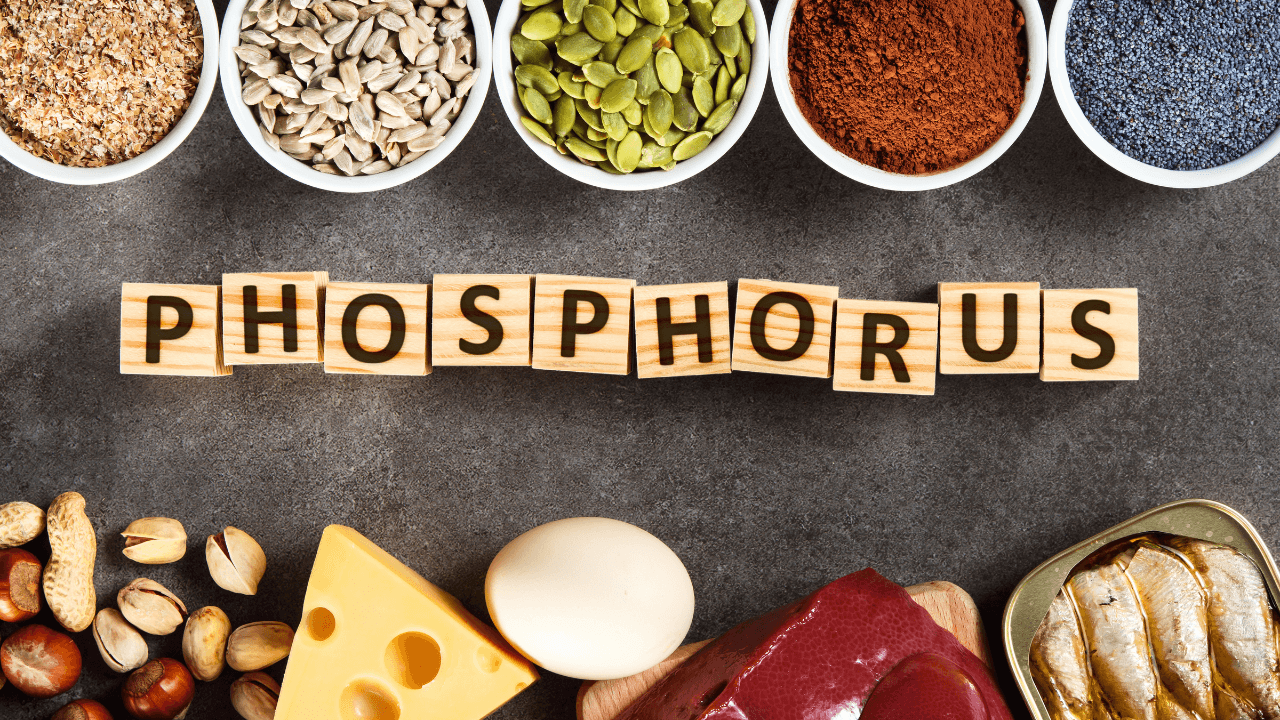Phosphorus, a vital mineral, plays an integral role in bone health, energy metabolism, and cellular processes. This Phosphorus Guide will delve into the importance of dietary phosphorus, highlighting foods high in phosphorus and addressing phosphorus deficiency. Understanding phosphorus’s role in the body is essential for maintaining overall health, and this guide serves as a comprehensive resource for anyone looking to optimize their dietary intake of this crucial nutrient.
Meeting Recommended Daily Intakes of Phosphorus
Ensuring an adequate supply of phosphorus is key to supporting various bodily functions. Adequate phosphorus intake is crucial for strong bones, efficient energy utilization, and healthy cellular function.

Top Food Sources Rich in Phosphorus
Incorporating a variety of foods with phosphorus into your diet can naturally meet your daily needs. Here are the top 10 food sources high in phosphorus:
- Salmon (3 ounces, cooked): Approximately 203 milligrams
- Chicken (3 ounces, cooked): Approximately 137 milligrams
- Turkey (3 ounces, cooked): Approximately 166 milligrams
- Pork (3 ounces, cooked): Approximately 193 milligrams
- Beef (3 ounces, cooked): Approximately 173 milligrams
- Dairy products (e.g., yogurt, milk, cheese): Varies, check nutrition labels
- Tofu (1/2 cup, prepared): Approximately 200 milligrams
- Lentils (1/2 cup, cooked): Approximately 180 milligrams
- Quinoa (1/2 cup, cooked): Approximately 118 milligrams
- Sunflower seeds (1 ounce): Approximately 300 milligrams
Including these foods high in phosphorus in your diet can help ensure adequate phosphorus intake.
Understanding Phosphorus Deficiency and Supplementation
Phosphorus deficiency is relatively rare but can occur in individuals with certain medical conditions or poor dietary choices. Symptoms of deficiency include bone weakness and general fatigue. In such cases, healthcare professionals might recommend phosphorus supplements to individuals struggling to obtain enough phosphorus from their diet, particularly those with chronic kidney disease or malabsorption disorders.
Maximizing Phosphorus Absorption
Phosphorus absorption can be affected by various factors. For instance, a high calcium intake can reduce phosphorus absorption, and certain medications, like antacids, can interfere with it. Balancing the intake of phosphorus and calcium is important for maintaining good health. It’s advisable to discuss potential dietary interactions with healthcare providers to ensure optimal phosphorus levels.
You might be interested in Magnesium Guide: Essential Mineral for Optimal Health and Well-being
Conclusion:
Understanding and managing your phosphorus intake, as noted in this Phosphorus Guide, is crucial for maintaining good bone health and efficient energy metabolism. By incorporating a variety of foods that have phosphorus and considering supplementation when necessary, you can ensure your body receives the right amount of this essential mineral. Maintaining the balance between dietary intake and supplementation, as outlined in this guide, is key to leveraging the full benefits of phosphorus for your health and well-being.







